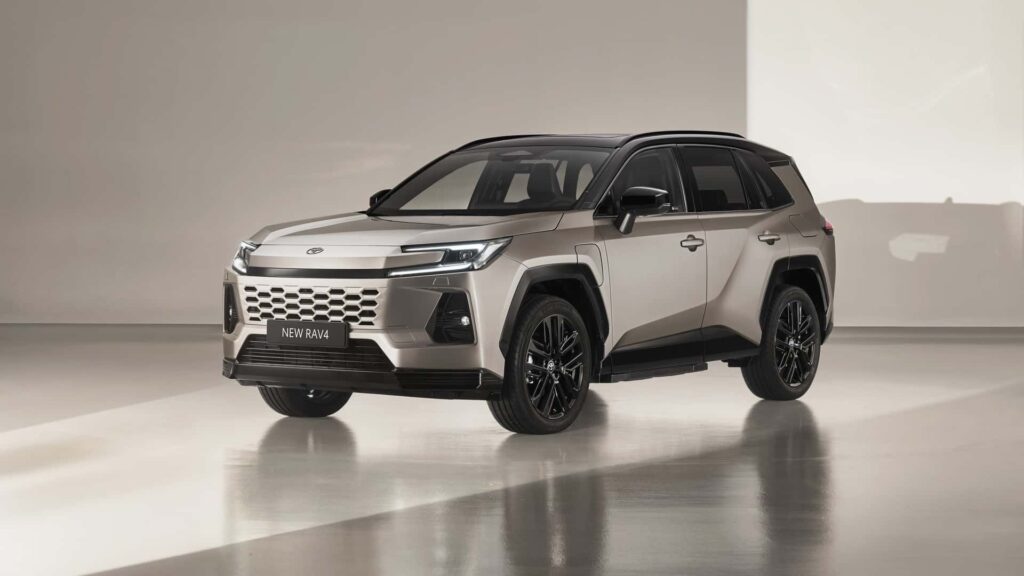Heading into 2025, many expected Tesla’s redesigned Model Y crossover to be the biggest car launch of the year. However, Toyota has now made a groundbreaking announcement with the release of the sixth-generation RAV4 SUV. What sets this launch apart is that every version of the RAV4 will now come equipped with at least one electric motor, marking the end of purely gas-powered RAV4 models.
This shift is significant considering the RAV4’s status as America’s top-selling non-truck vehicle. With nearly half a million units sold in the U.S. last year, the RAV4 ranks only behind trucks like the Chevrolet Silverado and Ford F-Series. By transitioning to electric and hybrid options, Toyota aims to encourage more Americans to choose cleaner vehicles without sacrificing performance or convenience.
The decision to discontinue gas-powered RAV4 models is expected to have a substantial impact on overall fuel consumption. For example, the previous non-hybrid RAV4 achieved 30 miles per gallon, while the hybrid version boasted 39 mpg. By converting a significant portion of annual non-hybrid RAV4 sales to hybrids, there is potential for a significant reduction in gasoline consumption over time.
Additionally, the introduction of the RAV4 PHEV (Plug-In Hybrid Electric Vehicle) offers even greater efficiency and flexibility. With a longer electric range of 50 miles and DC fast-charging capabilities, the new RAV4 PHEV appeals to eco-conscious consumers while encouraging more electric driving.
Despite these advancements, it’s essential to acknowledge that hybrids, including the RAV4 Hybrid, still rely on gasoline. While hybrids offer improved efficiency, they are not a long-term solution to the climate crisis. Studies have shown that electric vehicles (EVs) are significantly cleaner to operate and should be the ultimate goal for a sustainable future.
The transition to electric cars may not happen overnight, especially given challenges such as policy changes and consumer preferences. As the automotive industry navigates this transition, Toyota’s commitment to offering hybrid and PHEV options like the RAV4 is a step in the right direction. Ultimately, the goal should be a future where EVs dominate the market, leading to a cleaner and more sustainable transportation sector.
In conclusion, Toyota’s decision to make the RAV4 lineup hybrid-only is a significant milestone in the automotive industry’s shift towards electrification. By prioritizing cleaner and more efficient vehicles, Toyota is setting a new standard for environmentally conscious transportation. As the demand for electric vehicles continues to grow, initiatives like the RAV4 hybrid and PHEV models pave the way for a greener future.

